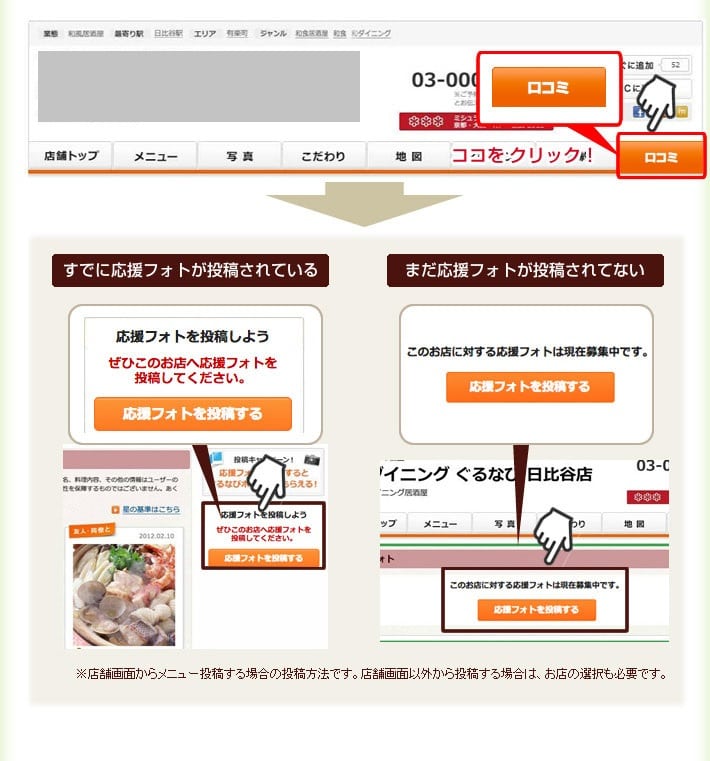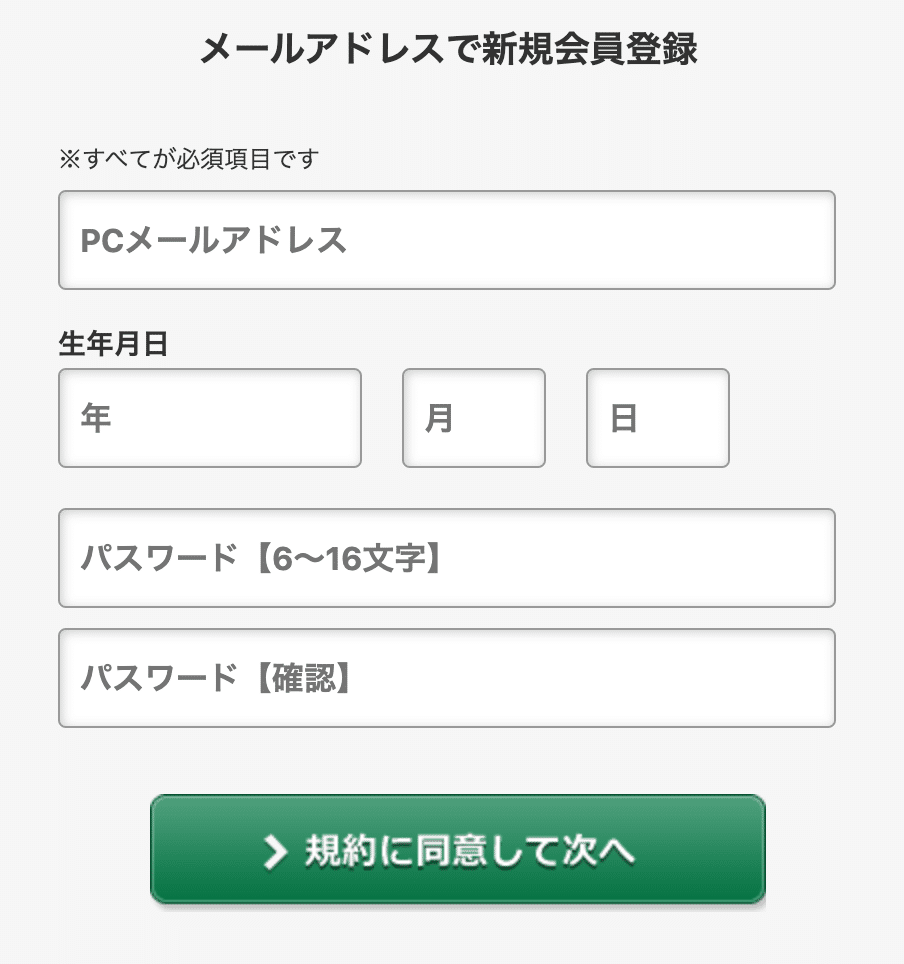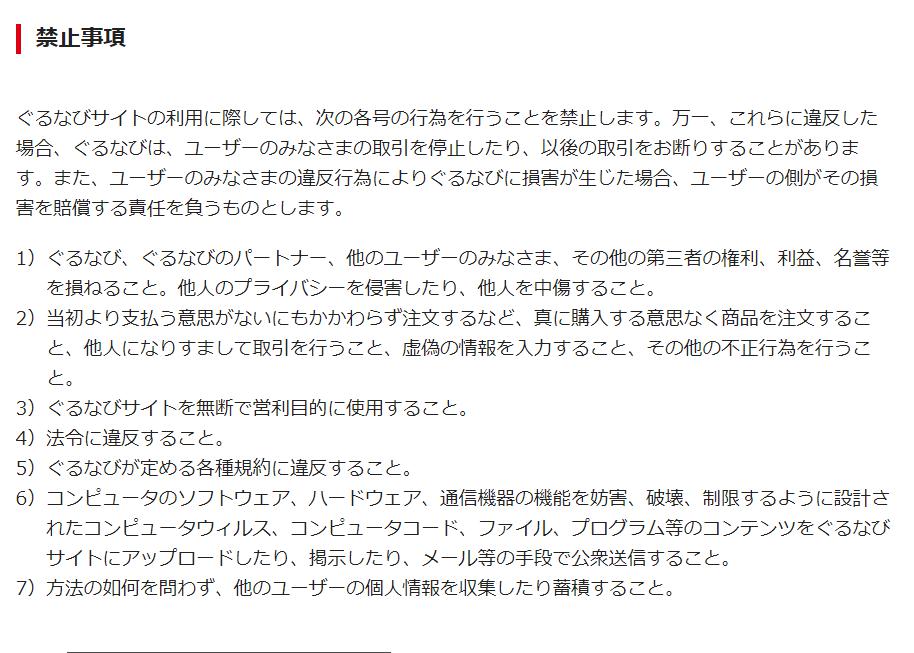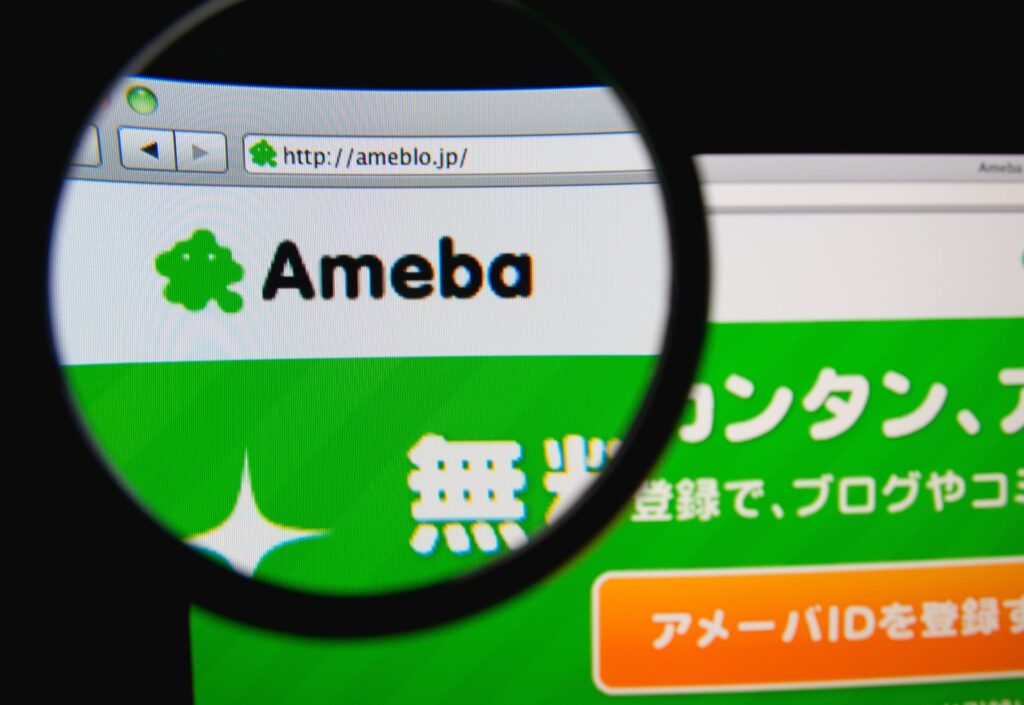How to Identify Malicious Reviewers on Gurunavi and the Average Cost of Legal Fees

Have you ever used review sites to find a restaurant for various dining occasions? There are many restaurant review sites, but among them, Gurunavi is a site with a high number of accesses, alongside “Tabelog”. Many people use it as they often distribute coupons. For restaurants, registering and listing your own store on Gurunavi can be said to be an effective customer acquisition method. However, since Gurunavi has a review registration function, if a defamatory review is posted on Gurunavi, there is a risk of losing customers. There are various measures against reputational damage, but this time, we will mainly explain about “identifying the poster”, which is one of the measures against reputational damage.
What is “Gurunavi”?

What kind of site is Gurunavi?
Gurunavi is a site that collects information about restaurants, operated by Gurunavi, Inc. On Gurunavi, you can search for restaurants, check reviews and store information, and confirm their location on a map. To be listed on the site, restaurants must pay a fee to Gurunavi. Once listed, they can post coupons and may be featured in special articles. Gurunavi is now one of the leading gourmet search sites, alongside “Tabelog”, “Retty”, and “Hot Pepper”, and it’s no exaggeration to say that there’s hardly anyone who doesn’t know about it. Reviews are linked with TripAdvisor, the world’s largest review site, and TripAdvisor’s reviews are also reflected.
Examples of Defamation on Gurunavi
While the majority of posts on Gurunavi are written by customers who have visited the restaurant, non-customers can also post. Defamation on such sites, where a large number of unspecified people post and view, is often done for the purpose of harassment or business obstruction. There are also cases where competitors, who have lost customers, repeatedly post defamatory reviews for the purpose of attack. Examples of reputational damage to restaurants include “They serve leftovers/expired food”, “The owner of this restaurant has a criminal record”, “They are having an affair”, “The XX at that restaurant is not edible. It’s not worth going to the restaurant, it’s a waste of time”, etc. There may also be violations of privacy, such as revealing home addresses or names. If malicious, baseless reviews that infringe on privacy rights or reputation are posted on a powerful site like Gurunavi, it could deter customers, resulting in a significant economic loss due to decreased sales. Therefore, the impact of reputational damage is very significant, and if you feel something is unnatural, you should consider requesting deletion or disclosure of the poster.
As mentioned later, in order to identify the poster of a review, it is necessary that the post is illegal, and it is not possible to identify the poster for posts that are not illegal. An important point to consider whether a post is illegal is whether there is a clear infringement of rights. To be considered as such, the content must be very malicious. Therefore, whether the problematic post is illegal or not is an important point in considering the identification of the poster. For example, exposing someone’s address, workplace, or face photo is one of the major infringements of rights. For more details, please refer to the articles linked below on our firm’s website.
https://monolith.law/reputation/delete-arrest-history[ja]
https://monolith.law/reputation/black-companies-dafamation[ja]
Procedure for Identifying the Poster 1: Request for IP Address Disclosure
What is an IP Address?
In order to identify the author of a post on Gurunavi, it is first necessary to request the disclosure of the IP address. An IP address is unique information held by a device connected to the Internet, and can be likened to an “address on the Internet”. If the IP address is known, it can be determined from which device the information was sent.

While Gurunavi allows anonymous posting, it is necessary to register as a member of Rakuten and obtain an ID. This can be done with a free email address such as Gmail, which offers a high degree of anonymity. In other words, the operator of Gurunavi may only know the email address of the person who posted a certain review, without knowing their address or real name. Therefore, even if the email address is disclosed, it is meaningless, and it is necessary to receive the disclosure of the IP address to identify the person.

Request for Disclosure of the Poster’s IP Address through Provisional Disposition Procedure
In order to disclose the IP address, it is generally done through court proceedings. Gurunavi may accept deletion requests in cases of clear illegality or violation of terms, but the request for disclosure of the IP address cannot be realized without using court proceedings in principle. Details about deletion are explained in the article below.
https://monolith.law/reputation/harmful-rumor-measure-gurunavi[ja]
If you want to delete a review of TripAdvisor displayed on Gurunavi, please see here.
https://monolith.law/reputation/reputational-damage-countermeasures-on-tripadvisor[ja]
This court procedure is specifically a provisional disposition, which is a quick procedure. While trials inevitably take time, provisional dispositions can be implemented in about 1-2 months. The average attorney’s fee for this case is estimated to be
about 300,000 yen for the retainer fee and about 300,000 yen for the success fee
What are the attorney’s fees and compensation flow for reputational damage?[ja]
This is the market price when requesting the disclosure and deletion of the IP address. However, the amount varies depending on the case and content.
Need to Assert and Prove that the Post is Illegal
In order to have the court recognize the disclosure (and deletion) of the IP address in this procedure, it is necessary to assert and prove that the post violates the Provider Liability Limitation Act. Specifically, it is stipulated that “when it is clear that the rights of the person requesting the disclosure have been infringed by the distribution of infringing information” (Provider Liability Limitation Act Article 4, Paragraph 1), in other words, it is necessary to be illegal.
Some people may think that if they can get it deleted, they don’t need to claim damages, they just want it deleted. In that case, it may be possible to delete it by requesting the site operator to voluntarily delete it.
In that case, it is necessary to violate the terms of use or the illegality of the post content.
As introduced in “Examples of Defamation on Gurunavi”, even if the review does not necessarily constitute illegality, it is possible to request deletion if it falls under the prohibited items of Gurunavi. However, this is only a standard for voluntary deletion by the operator of Gurunavi, and does not necessarily constitute illegality. In other words, there are cases where deletion is successful even if it is not illegal when requesting the site.

On the other hand, to have the disclosure of the IP address recognized,
- Legal argument that the post is illegal (clear existence of rights infringement, no illegality obstruction)
- Evidence to support these
are necessary, but the decision on what evidence to submit and what to argue in court proceedings is difficult compared to when requesting voluntary deletion. It is appropriate to consult with a lawyer, a legal expert.
Procedure 2 for Identifying the Poster: Prohibition of Log Deletion

After obtaining the IP address through a request, the next step is to request the provider to disclose the logs. A provider refers to a connection provider, such as J:COM or SoftBank. The provider holds the information of the terminal contract holder, and by comparing this log with the information of the terminal contract holder, the poster can be identified.
One point to note is that there is a risk that the provider may delete the logs after a certain period of time. You will need to respond to the provider by saying, “I am about to request the identification of the poster, so please do not delete the logs.” Legal proceedings can also be taken, but most providers will cooperate if notified. Since legal claims must also be included in the notification to the provider, it is safer to consult with a lawyer.
Procedure 3 for Identifying the Poster: Request for Disclosure of Name and Address
If the provider has preserved the log in Procedure 2, the next step is to request the provider to disclose the poster’s name and address. This part is not a quick provisional disposition, but a formal court procedure. The name and address are important information for identifying an individual. For example, even if someone posts on Gurunavi about a restaurant, saying “they serve leftovers,” as long as there is sufficient evidence for the post, it is not illegal, and the privacy and freedom of expression of the poster should be respected. The court compares the interests infringed by freedom of expression and privacy infringement/defamation, etc., and only when it recognizes illegality in a formal procedure, it issues a disclosure order.
The average attorney’s fees for this part are generally around 300,000 yen for the retainer fee and around 200,000 yen for the success fee.
Step 4 for Identifying the Poster: Claim for Damages
If you win the aforementioned lawsuit and the disclosure of the poster’s name and address is approved, it becomes possible to directly claim damages from the poster. If successful, you can also recover costs such as attorney’s fees and consolation money. Whether or not the entire process will be successful is explained in the article below.
https://monolith.law/reputation/disclosure-of-ipaddress[ja]
While anyone can view reviews on Gurunavi, posting requires things like a Rakuten member login, so it is assumed that most people use it at home when they have time, using their PCs. Therefore, it can be said that the use of highly anonymous connections such as public wireless LAN is less common.
Summary
Identifying the poster on Gurunavi requires a complex process involving multiple legal procedures. However, if left unaddressed, the reputation of your restaurant may continue to decline. Therefore, it is advisable to promptly initiate the procedures and take action. You may also be able to recover some of the damages. If you are having trouble, please consult with a lawyer who is experienced in dealing with defamation issues.
Category: Internet





















